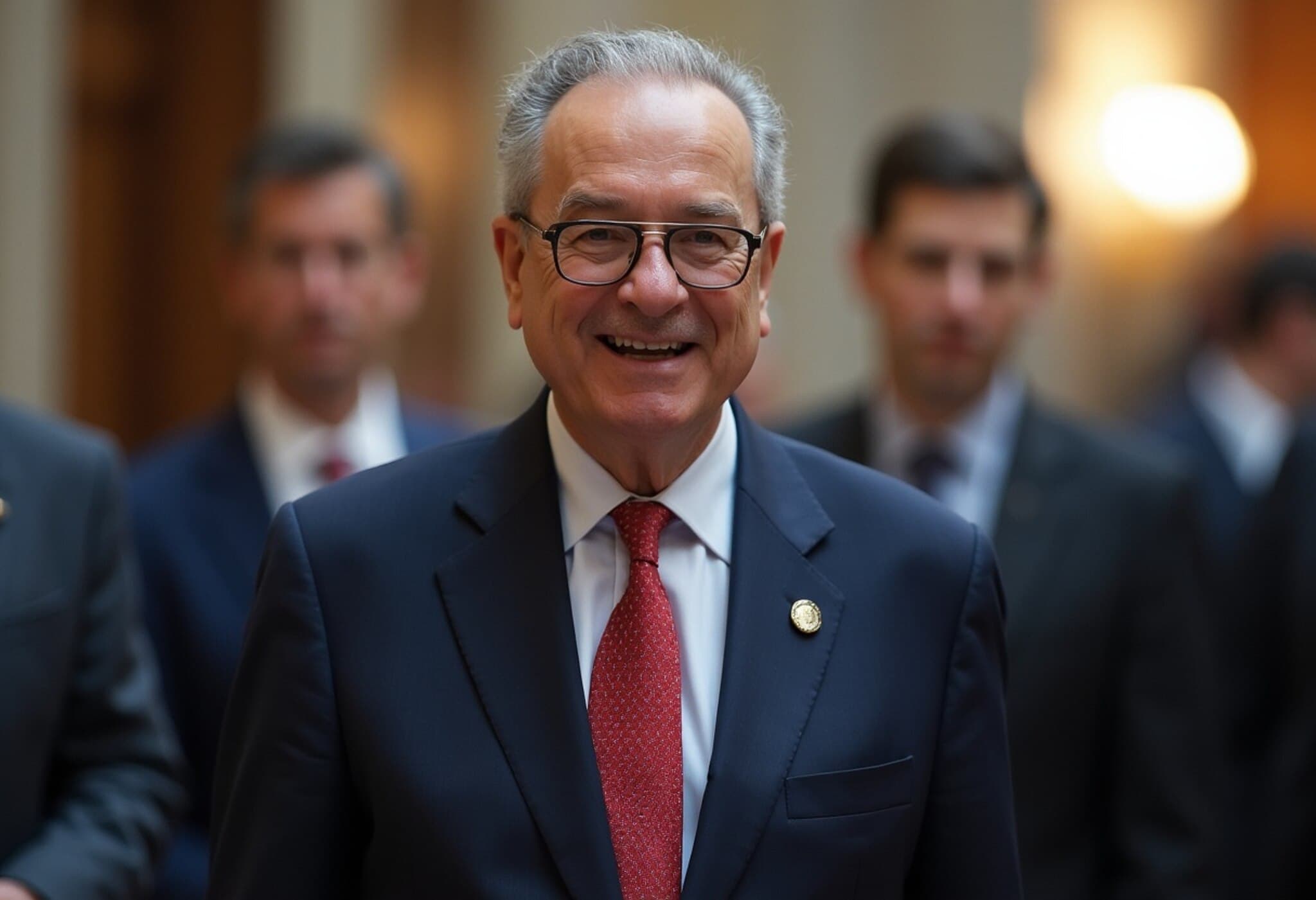UK MPs Advance Historic Assisted Dying Bill
In a landmark move, UK Members of Parliament have voted in favour of a bill permitting assisted dying for terminally ill adults in England and Wales. With a close vote of 314 to 291, the bill now proceeds to the House of Lords for further scrutiny and debate.
What the Bill Proposes
The Terminally Ill Adults (End of Life) Bill aims to give people diagnosed with less than six months to live the legal right to choose assisted suicide. The legislation mandates that individuals must self-administer life-ending medication and that their decision be approved by two doctors and a specialist panel, seeking to ensure a compassionate yet carefully regulated process.
Aligning with Other Countries
Should this bill pass, England and Wales would join nations like Belgium and the Netherlands that have already legalized certain forms of assisted dying, offering new options to those with terminal illnesses.
Debate Reflects Deep Divisions
The parliamentary debate was emotionally charged, reflecting both hope and caution. Labour MP Kim Leadbeater, the bill's sponsor, emphasized the need for a "compassionate and safe choice," pointing out the ongoing distress endured by patients struggling with unbearable pain, citing instances of traumatic suicide attempts and patients traveling abroad for assistance.
Conversely, concerns were raised about safeguards. Labour MP Vicky Foxcroft stressed the vulnerability of disabled individuals who might face coercion, urging stronger protections against societal pressures that may influence decisions.
Voices from Outside Parliament
- Supporters chanted slogans such as "Let us choose," advocating for personal autonomy at life's end.
- David Walker, aged 82, shared his profound personal motivation, recounting his wife's prolonged suffering and calling for a law that prevents such pain for others.
- In opposition, Dr. Elizabeth Burden warned of a potential "slippery slope," fearing future expansion of eligibility to vulnerable groups like dementia patients.
Public and Political Landscape
Public backing appears strong, with a recent poll indicating that 73% of adults support the introduction of assisted dying legislation.
However, within the government, opinions remain split. Notably, the Prime Minister's health and justice secretaries have publicly opposed the bill, reflecting ongoing debates within political leadership.
Recent Amendments and Safeguards
- Advertising assisted dying has been banned under the revised bill.
- Healthcare workers are permitted to opt out of involvement in assisted dying procedures.
- Provisions exclude eligibility based solely on voluntarily stopping eating or drinking, preventing misuse in cases such as anorexia.
Next Steps and Implementation Timeline
The bill now moves on to the House of Lords, which must pass it before the current parliamentary session ends, likely this autumn. If approved, royal assent would follow, and the law's implementation would take around four years.
A government assessment estimates that assisted deaths could range from 160 to 640 in the first year, potentially increasing to about 4,500 annually within a decade.
Context: Assisted Dying Laws Across the UK and Beyond
Assisted suicide remains illegal across England, Wales, and Northern Ireland, punishable by up to 14 years imprisonment. In contrast, the Scottish Parliament is considering its own assisted dying legislation, while the Isle of Man has recently become the first British territory to pass such a law.













